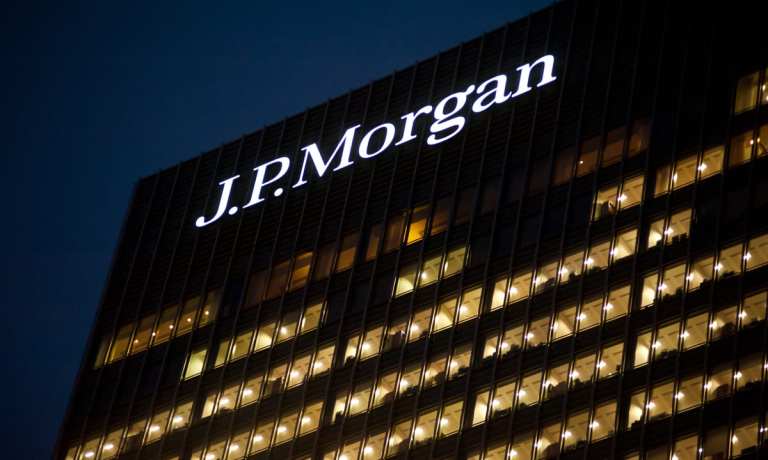J.P. Morgan Names New Global Head Of Liquidity Solutions And Escrow

Lori Schwartz has been named J.P. Morgan’s new global head of liquidity solutions and escrow.
Schwartz, a veteran liquidity and escrow executive whose 15-year career spans both J.P. Morgan and Bank of America, will be taking the reins from long-time unit chief Phillip Lindow, according to a memo from Takis Georgakopoulos, head of wholesale payments at the firm.
Lindow, who plans to retire in early 2021, has led the financial services giant’s liquidity and escrow solutions unit for nearly a decade.
Lindow oversaw a major surge of growth in the unit, which saw its balances grow by more than $220 billion, more than doubling J.P. Morgan’s escrow and liquidity solutions balances, wrote Georgakopoulos, lauding Lindow for a “momentous career.”
“We will miss Phillip’s wit, integrity and insight, and his unwavering commitment to our clients,” wrote J.P. Morgan’s wholesale payments chief.
Lindow spent almost all of his career of more than three decades in the wholesale payments sector, getting his start at Bankers Trust in 1987.
Lindow joined J.P. Morgan in 1993, rising to become global head of liquidity solutions and escrow in 2011.
“Under his leadership, he quickly developed a leading global liquidity proposition for multi-national corporations while continuing to expand our FIG product relationships,” Georgakopoulos wrote. “And as the head of the business, he has grown our balances by more than $220 billion — more than doubling our book.”
Georgakopoulos noted Schwartz has worked in a variety of roles at the firm, most recently as head of EMEA liquidity solutions. “During her time in EMEA, she bolstered the business to a No. 1 position in Coalition and positioned the team as one of the leading banks in centralized treasury management solutions,” he said in the memo. “We look forward to Lori’s leadership as she continues the strong momentum of the business.”
The executive changes come as J.P. Morgan rides the results of a solid third quarter. As PYMNTS reported in a recent story on the bank’s quarterly numbers, “J.P. Morgan reported earnings of $2.92 a share, leagues above the $2.23 projected by consensus, and its top line of $29.9 billion was better than the roughly $28.4 billion the Street had expected.”